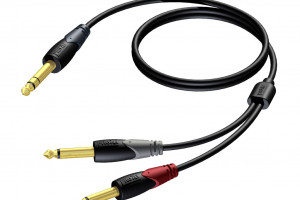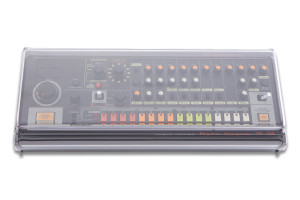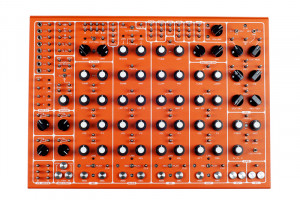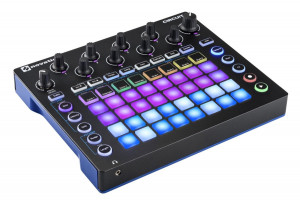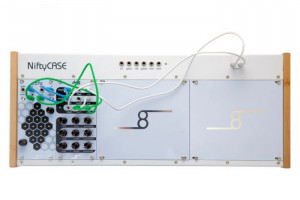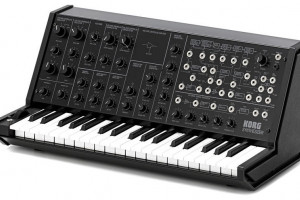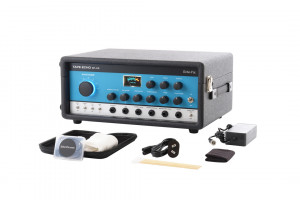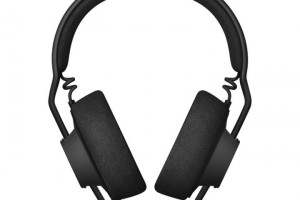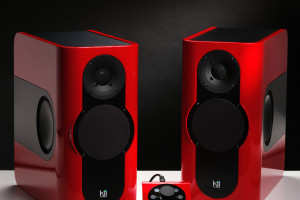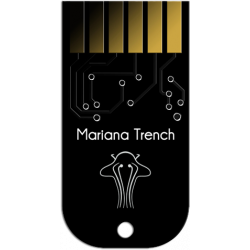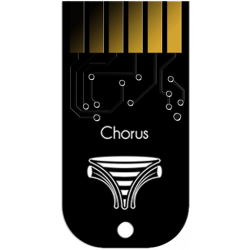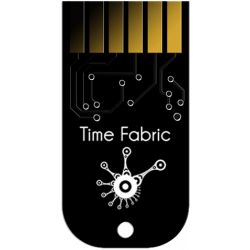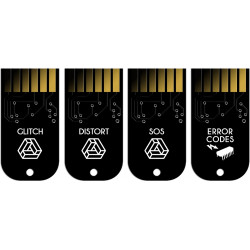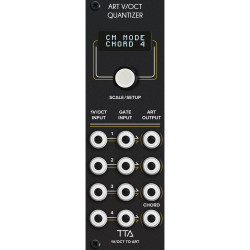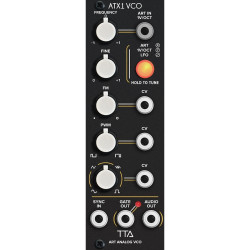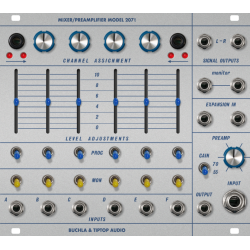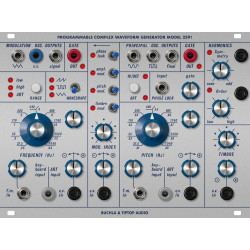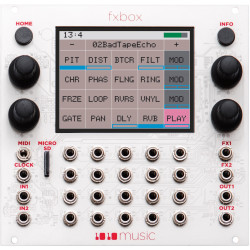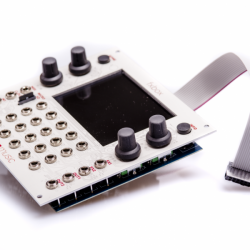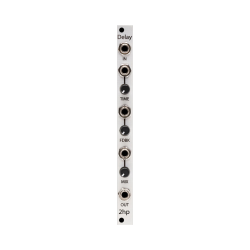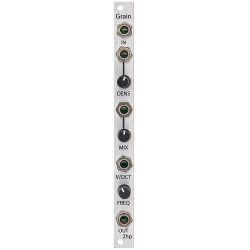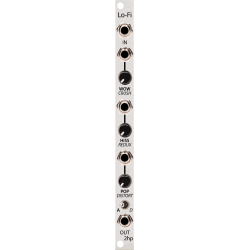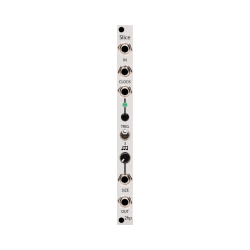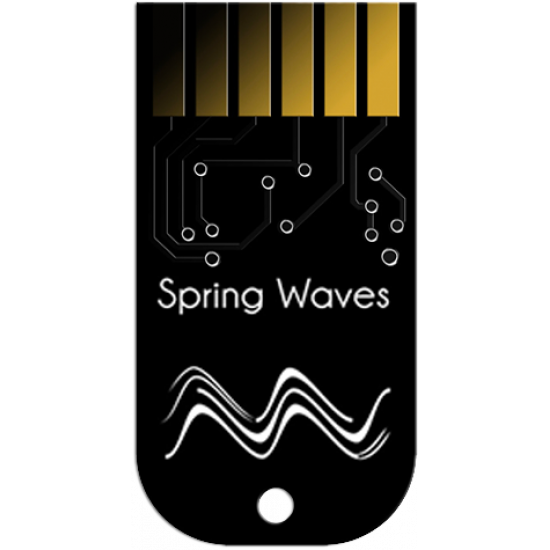
- Stock: In Stock
- Model: Springwaves
More from this brand
Spring Waves brings a set of physical behavior modeling algorithms to the Z-DSP. It dives deep into experimental digital sound design techniques known as waveguide synthesis, which was first developed in 1998 by Julius O. Smith III of Stanford University by building off of Karplus-Strong synthesis. In addition, there are two spring models and space synthesis: making real Newtonian physics calculations at sample rate.
The principle behind these algorithms is a mathematical feedback formula excited by external signals which self-oscillate as a damped tone. The type and harmonic content of the external signals these algorithms can react to is extremely wide and so are the tones that they can impart to a sound.
The card contains six Karplus-Strong and two spring models. When fed with an external pulse or bursts of noise they self-oscillate, creating synthetic sounds similar to glass, springs, bells, and a variety of string tones. When structured sounds like high pitched FM tones, drones, drum sounds, and vocals pass through they get a harmonized-type effect, frequently with unexpected results. This card is anything but standard as it takes the natural “springy” artifacts of digital audio, and, instead of fighting to eliminate it, actually makes use of it as a new source of sound inside the modular.
-285x169.png)
